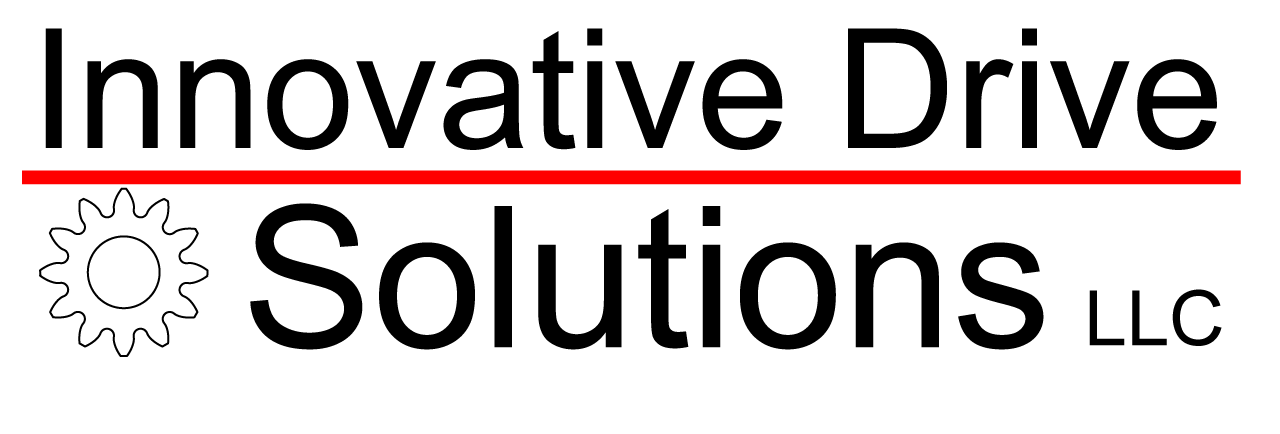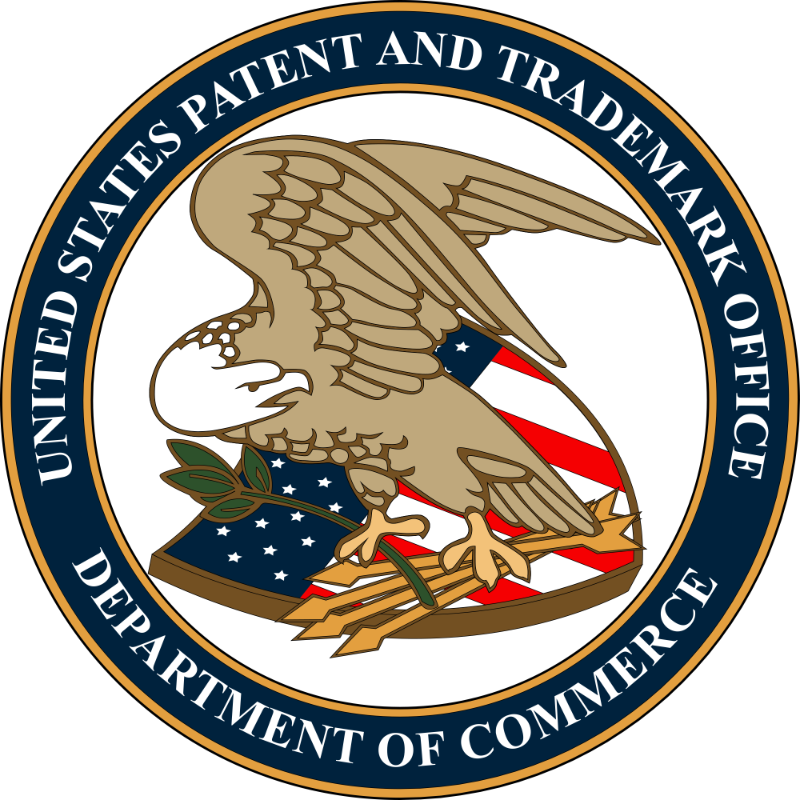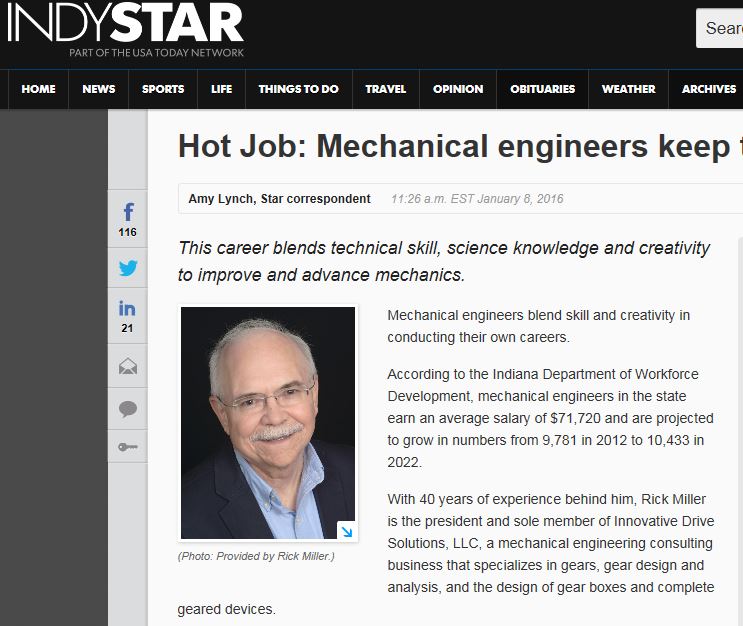As much as I admired a good ride in its totality, I also enjoyed taking things apart and rebuilding them. One day I decided my go-cart needed to go faster, so I purloined the engine from my father’s lawn mower. The next time my dad went to mow the lawn, I heard “Hey, where’s my lawn mower engine?”
I had three siblings - two brothers and a sister, but he knew the answer to this mystery lied with me. I told him I needed it for something more important and re-purposed it, as we would say today. At the promise of returning said engine to my dad’s lawnmower, which I did, my co-cart and I rode fast that day while the grass grew a bit taller.
* * *
So my advice to my 15 year old self would be as follows.
Your possibilities in life are endless and limited only by you and your imagination. Be flexible. Be true to yourself and your values and don’t compromise them.
Stay optimistic; don’t get discouraged. Be patient.
Life does not move in a straight line. Be prepared for the unexpected because it will happen often if not daily. Learn to embrace and be comfortable with change because change will be a constant in your life.
Set personal and professional goals and you will achieve them. Do know it may take more time than you thought and not be achieved in the exact way that you thought.
Be prepared to take notice and advantage of opportunities as they arise. Always believe in yourself and know that you are capable of much more than you think. Seek out opportunities that stretch you and where you can learn from others. Never stop learning and growing.
Just like when you were a teen, never stop being curious.
All of us have been given gifts and talents; things that we uniquely can do well. Use these gifts to the best of your ability. Don’t dissipate them or let them go to waste. As for a job, do what you love and are passionate about.
Have some fun in life and be funny. Don’t take yourself too seriously.
Set up the processes, work habits and practices, work ethic and environment where success can flourish. Develop and keep a long term time perspective and timeline. Do not fall for the trap of instant gratification. Some choices in jobs and in life can pay off in the short term but not be best in the long run.
When I graduated from Purdue University in the recession year of 1975, I had two job offers; one from a large, multinational corporation, and one from a small 100-employee gear company. Upon my father’s advice and recommendation, and with much personal reflection, I took the job at the small gear company that paid a salary that was 23 percent less than the other offer. While working at the multinational company may have appeared best in the short term, and certainly paid more, the job I chose with the gear company was by far best in the long term. It formed the basis for what I am today and led to my current path.
Be a person of honesty and integrity and have “do the right thing” as your main philosophy.
Find a mentor and listen to and learn from him/her. Much of what you learn will be outside of your job, and many times outside of your chosen profession. Pay attention to these things as they will truly set you up for success. Then, pay it forward when you can by mentoring someone else.
* * *
Both of my grandfathers were mechanical engineers. One grandfather started a gear company in 1934 called Schafer Gear Works/Schafer Industries that is still in business today and is successful, and the other was Chief Engineer for the Stromberg carburetor/Bendix Fuel Control division of Bendix Corporation with responsibilities for hundreds of people.
Early in my career, I set goals for myself that were a combination of both of my grandfathers - to be successful in the gear industry, to rise to Chief Engineer, to be an inventor who obtains patents, and to continue their legacy by excelling in a career in which they could be proud of me. As it happened, all of this came to fruition but neither grandfather lived to see it.
Never in my young man’s dreams did I think my 3 HP teenager’s go-cart would be replaced by a 620 HP supercharged Corvette convertible as my favorite mode of transportation.






